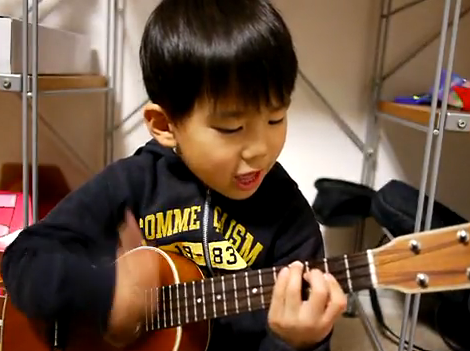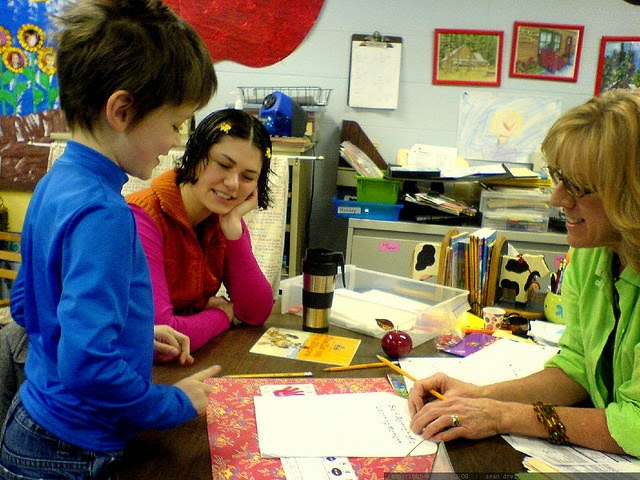1733. Working with worksheets in classes

Something I do with my adult students for the classes is composing worksheets that we’ll work out on them. Thanks to God they like them – they’re great students and with a huge motivation – and even they study them at home albeit I set no homework. They are about for example The Airport and Traveling by Plane. The point is they should catch useful expressions and idioms that could help them in real life, basically. Now they’re at the stage of beginning to speak for long more or less (10 or 15 minutes, though I told them to prepare stuff for minimum a couple of minutes). Other times I compose stories, with sentences with a correlative number, on A4 sheet format. Well, the best is showing you one of them; I’m trying. Let’s see. I’m afraid about the format thing. Sorry readers, the format thing didn't work fine. At least you can make out what a worksheet is. / Photo from: continuing education. www mnn com Worksheet # 160 Composed on Monday




















